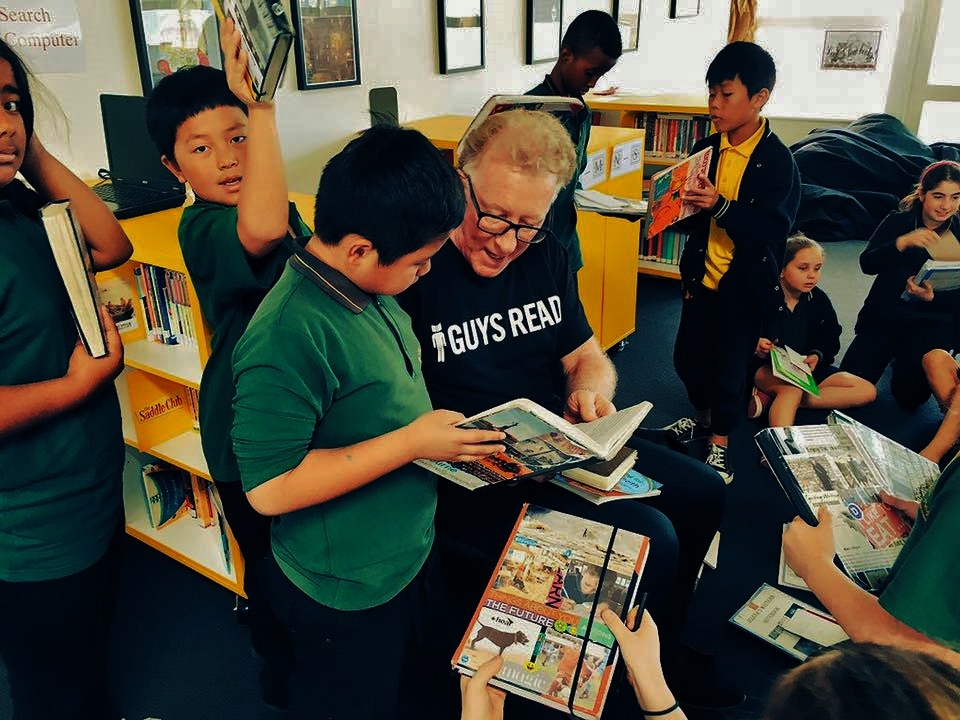A Dash of Inspiration For Young Writers

Student writers will never be motivated to write if they are simply told to write more. Imploring them to be passionate as writers, or insisting they add more detail to their pieces. Merely hanging charts on the classroom walls and hoping kids notice them, wont do it either. It is difficult to teach writing from a safe distance. It is critically important to be involved; to understand both the challenge and joy that writing brings. Writing is a problem solving process. Developing writers need someone who can work with them, to show them how rather than tell them what to write. To ignite a genuine desire to write within students requires the establishment of a writing community. This community must be seen as a collaborative venture and students must be warmly invited to join. Teacher and students must join together in undertaking a learning journey that aims to develop the capacity and confidence of every writer within that community. When trust builds among stude...


